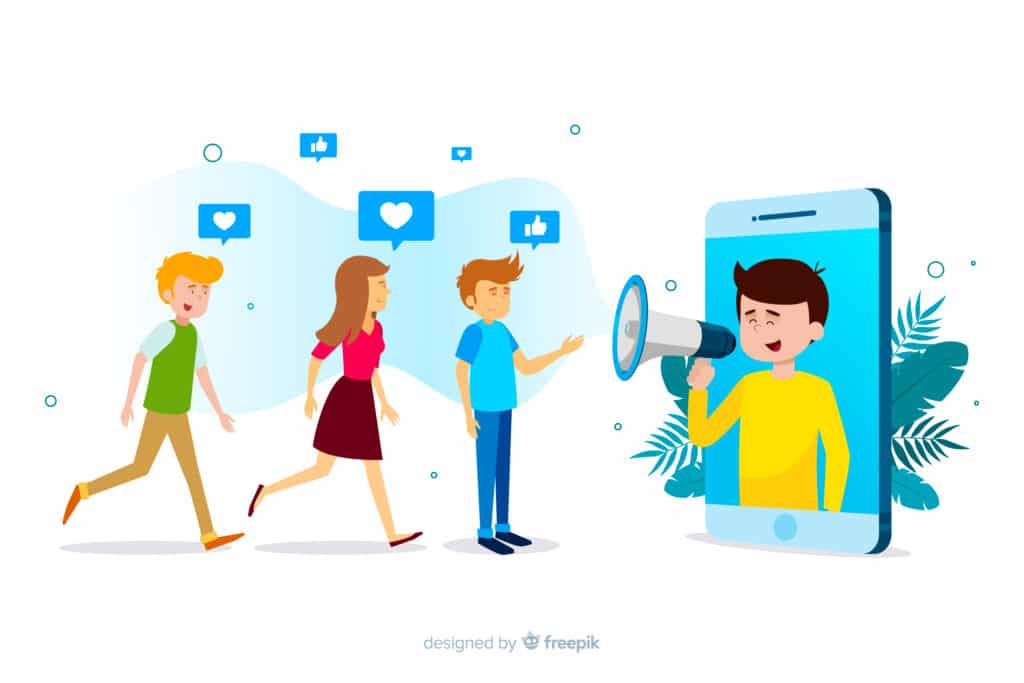
What is TDS?
The Income Tax Department introduces the concept of Tax Deduction at Source (TDS). The person making some specified payments is liable to deduct a certain percentage (as tax) before making payment to the recipient. It includes payment for salary, interest, rent etc. Every individual or organization is responsible for deducting TDS if the specified limit exceeds as prescribed in the Income-tax act. The person responsible for deducting TDS is known as “Deductor/Payer” and the person who receives payment after TDS is known as “Deductee /Payee.” As we all know their are many sections under which TDS is deducted but GOI has recently introduced and made applicable TDS under section 194N. In this article we would be understanding mainly about it.
What is TDS Under Section 194N?
Section 194N specified about the “TDS on cash withdrawals.” The section came into force from 01st September 2019. It is applicable to any person (Recipient) who withdrawals cash in excess of Rs. 1 crore during any financial year.
TDS Limit:
For calculating the threshold limit of Rs. 1 crore, the aggregate of sums withdrawn from a bank shall be taken. And, the bank will include cooperative bank and account held with the post office in a financial year.
TDS Rates:
The deductor will deduct TDS at the rate of 2% on the cash withdrawals. Further, it is provided that if a person hasn’t filed his income tax return in the prescribed time limit of section 139(1) for last three assessment years, then the threshold limit of deducting TDS shall be as below
(Applicable from 01st July 2020):
|
Withdrawal limit |
TDS rate |
|
From Rs. 20 Lakh to Rs. 1 crore |
2 % |
|
Above Rs. 1 crore |
5 % |
TDS under section 194N will apply to withdrawals made by any taxpayer, including:
• An Individual
• A Hindu Undivided Family (HUF)
• A partnership firm or an LLP
• A Company
• Any local authority/ Body of Individuals/Association of Person (AOPs)
What is the penalty for non-compliance of tds under section 194N?
Fail to deduct TDS (Section 271C): In case, the deductor fails to deduct TDS on whole or part of the amount, then he shall be liable to pay the penalty equal to the amount of TDS which he has failed to deduct.
TDS deducted but fails to deposit: As per section 221 of the Income Tax Act, if any person has deducted the TDS but fails to deposit the tax to the government shall also be liable to a penalty equal to the amount of TDS collected but not deposited.
Default in filing TDS return: If a person fails to submit the TDS return on time, he is liable to pay Rs. 100 per day till the default continues. However, the penalty shall be maximum to the amount of TDS.
Also Read : Income Tax Return Filling, Company Registration, TDS on cash withdrawal.
Conclusion
Tax deducted at source (TDS) is like an advance tax on the income earned that is paid to the government every month. However, the person (deductee) is eligible to claim the TDS while filing the Income-tax return (ITR). Moreover, non-compliance of TDS attracts the provisions of interest, penalty and disallowance of expenditure.




